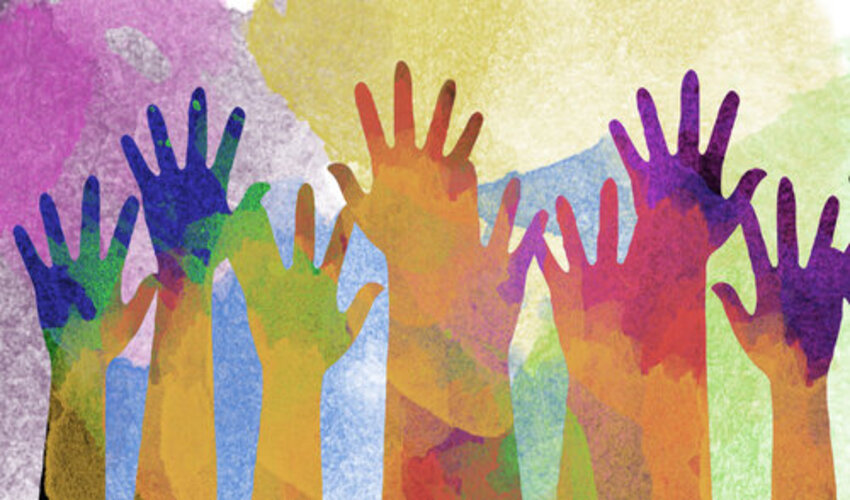Introduction
Early life is a crucial time for social development, especially for the establishment of social identity, or the feeling of self that comes from membership in a group. Some youngsters may be more susceptible to depression because of how they feel about themselves and their social identities. Although there are many variables that might affect depression, research suggests that social influences may be particularly important.
What Is Social Identity?
All children have a social identity, which is the way we view the many roles we play in society in relation to other people. Children gain a feeling of pride, self-worth, and consistency from their social identities, which can be derived from a variety of factors such as social status, culture or ethnicity, hobbies, accomplishments, or beliefs.
Children who experience fast changes in their social identity or who feel threatened or questioned may be more susceptible to depression.
The People surrounding Us
We require the affirmation or rejection of others around us to develop a social identity. Our social identities and self-perception are shaped in part by the individuals in our immediate surroundings. It is possible that other kids may notice a shy and reclusive child‘s social indicators and ignore them, so validating the child’s social identity as “shy and withdrawn.” As a result, the young person may not feel content in their social role, experience loneliness, or give up on attempting to escape that identity.
Why Is Identity Important for Children?
People can join organizations and have a feeling of belonging in their social environment thanks to their social identity. These identities are crucial in forming one’s self-perception.
People’s perceptions of themselves are influenced by the groups they associate with more than any other. Getting status inside the group may make people feel more confident, content, and respected since belonging to that group becomes significant for how they view themselves and their talents.
People who are depressed frequently retreat from society. Studies have shown that social variables may play a significant role in the development of depression
Social identity matters because it affects how individuals view themselves and relate to others. People are more likely to relate to others in the group and experience favorable feelings about themselves if they have a positive identity perspective within that group.
Other significant advantages of social identity, according to researchers, include:
- It encourages altruistic deeds like providing for others in need of social assistance.
- It assists in meeting the psychological demand for other people’s respect.
- It gives people a feeling of inclusion in a social group.
Although every child is unique, not every youngster who has challenges to their social identities or changes in their identity will go through depression. Rather, it is believed that those who identify with fewer social roles are more likely to experience despair when one of their positions is lost or endangered.
For instance, if a youngster suddenly gets hurt and can’t play soccer anymore, they can feel uncomfortable and like they’ve lost something. This might happen to a child who solely views themselves as professional soccer players. In addition to spending less time with friends and teammates and maybe losing their position as a great athlete, the youngster may also experience a decline in their self-esteem, which can lead to depression.
This is not to argue that a kid cannot form new social identities; rather, it emphasizes how crucial it is for a youngster to understand who they are in connection to the world.
How to Support Your Child’s Identity
By recognizing the people and things that your children value, you as a parent may help them in their social duties. Try not to give any one social role too much importance. Rather, urge them to explore novel and distinctive experiences, and serve as a reminder of the various significant roles they have in life, such as that of a child, grandchild, sibling, cousin, student, member of the community, teen advocate, neighbor, etc.
After a setback or the end of a meaningful connection, it is common for your kid to experience sadness. However, if you observe that your child is exhibiting signs of depression, consult Child Psychologist.
Signs to Watch Out For
Here are a few indicators that your child could be experiencing social issues or depressive symptoms:
- Losing interest in once-enjoyed hobbies;
- sleeping more or less than usual;
- having trouble concentrating on schoolwork;
- eating more or less than usual;
- expressing dejection or despair;
- being angrier than usual;
- disconnecting from friends or family
- from loved ones or friends
Conclusion
If your child or teen is struggling to keep up in class or you think they could have a mental health issue likeanxiety, depression etc, a Child Psychologist can do educational and psychological testing.
A child psychologist might be a suitable option if your kid needs emotional support, a listening ear, and assistance controlling strong emotions. Consider using the internet resource TalktoAngel if you’re searching for a “Child Psychologist near me.” They can assist in helping children overcome any sort of disorder or trauma they may be experiencing. They employ highly skilled and knowledgeable child psychologists who support a kid’s whole development. They usually deal with young individuals who have more complex issues and use a research-based approach to treatment.
Author Bio:
Dr. R K Suri is a trained professional chartered Clinical Psychologist, having more than 36 years of experience in hypnotherapy, psychoanalysis, neuropsychological assessment, career counselling, and relationship management. Has been providing career counselling globally and has been providing counselling at IITs, IIMs, and SPAs, for admission to Universities in the US, UK, Australia, etc.















Leave a Reply